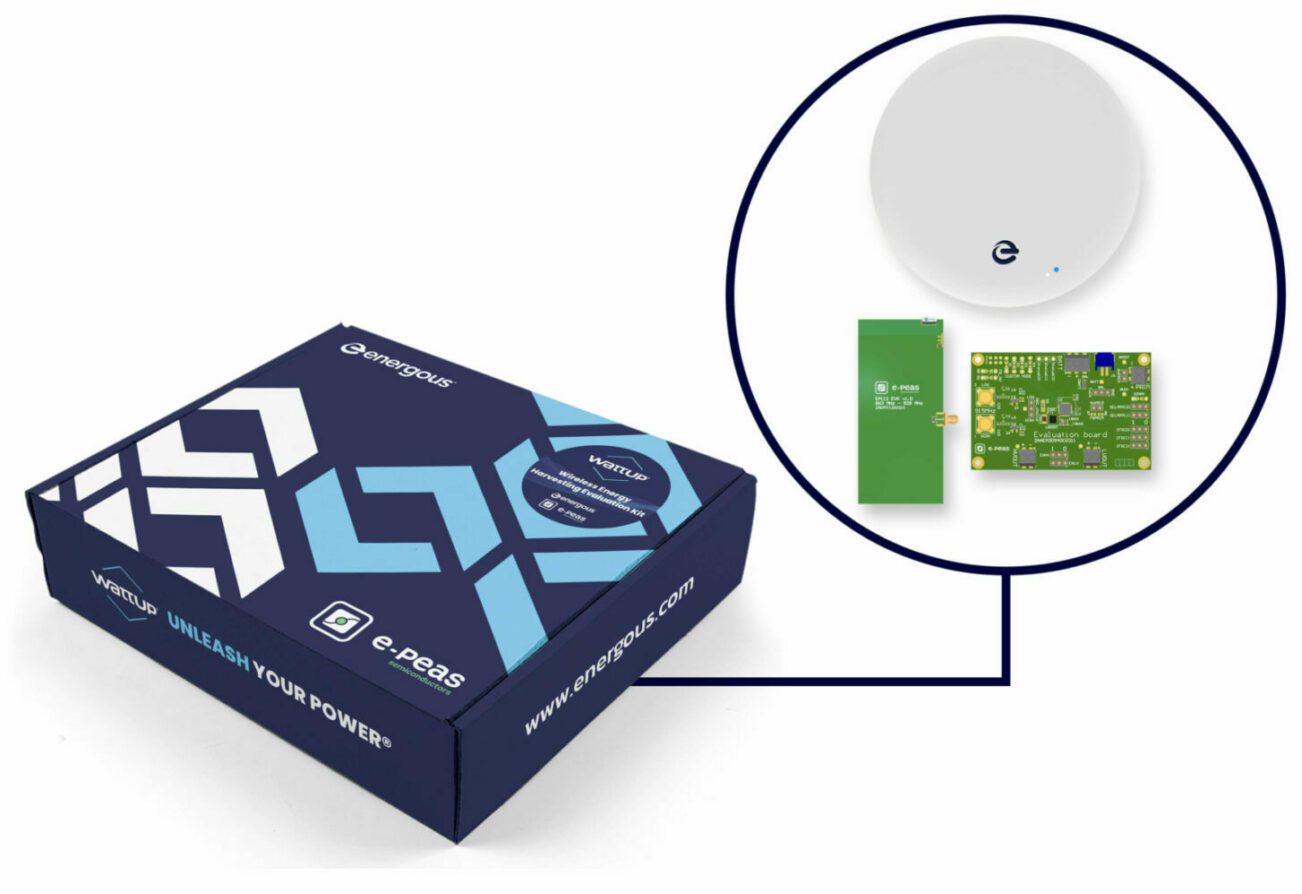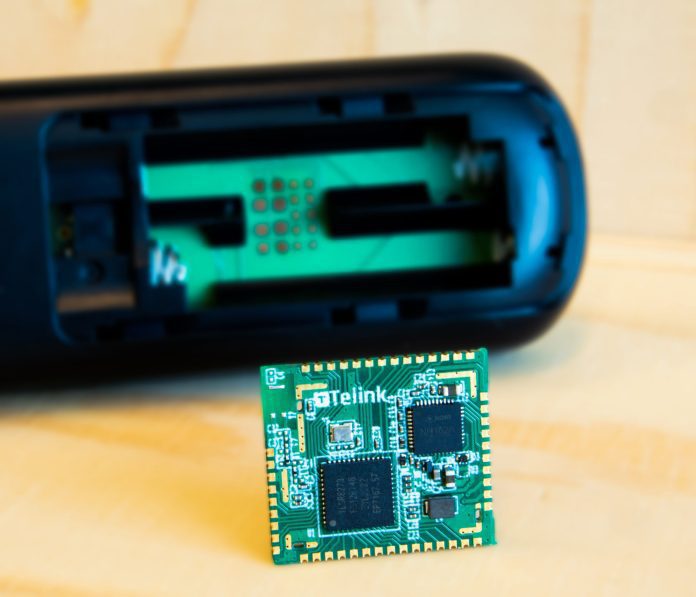A couple of interesting press notes about energy harvesting in IoT modules during the past week, all originating in the Low Countries; Dutch firm Nowi, a key supplier of energy harvesting circuits, has said Chinese IoT chip design company Telink Semiconductor is using its power management (PMIC) system in a new “energy autonomous” IoT module, and Belgium-based E-Peas (stylised e-peas), another prime mover in the space, has released an energy harvesting evaluation kit with US outfit Energous for industrial, retail, and medical IoT applications.
Meanwhile, a new report by Dublin-based Research and Markets reckons the broader market for energy harvesting systems is growing at a compound annual rate (CAGR) of 10 percent per year. Hardly stratospheric, then; but the market research firm notes, somewhat confusingly, that demand is rising because of the “extensive implementation of IoT devices in automation and energy harvesting technology and increasing trend for green energy”. It lists key applications in “building and home automation, consumer electronics, industrial, transportation, and security”.
A statement says: “The major growth drivers for this market are growing demand for safe, power-efficient, and durable systems that require minimum or no maintenance, extensive implementation of IoT devices in automation and energy harvesting technology, increasing trend for green energy, and favorable initiatives by the governments.” Research and Markets names ABB, Advanced Linear Devices, Arveni, Bionic Power, STMicroelectronics, Cymbet Corporation, Cypress Semiconductor, and Enocean as key players in a new ‘leadership quadrant’.
But Nowi and E-Peas have been pioneering energy harvesting in integrated circuits (ICs) for IoT applications for some time. In particular, Delft-based Nowi, well-covered in these pages, has notable deals with German mobile operator Deutsche Telekom and Japanese module maker Murata on an energy-harvesting module for NB-IoT connectivity, as well as a similar historical deal with Sigfox and Brazil-based HT Micron, plus engagements with Huawei and HiSilicon, among others.
It claims to have the “smallest and most cost-effective” power-management ICs (PMICs) on the market, introducing a new chipset, Diatom, in April to extract power from a range of ‘energy harvesters’ to charge batteries and supercapacitors. The Diatom chip (NH16D3045) has a wide power input range, from microwatts to milliwatts, and an ultra-fast max power point tracker (MPPT) to enable “top harvesting efficiency”. It also has a cold-start feature for batteryless applications – which, in theory, reduces maintenance costs and offers a more sustainable power option.
It work with Telink, extending an existing deal, sees its PMIC integrated into the China firm’s TLSR8273-M-EH multi-protocol system-on-chip (SoC) to “further reducing bill of material (BoM) size and cost”, it said – because of the “compact size and unique design of Nowi chipsets”. It stated: “With a minimum need for external components (no inductors required) and integration of energy harvesting and power management features, the assembly size is also greatly reduced – which makes for a more cost-effective and smaller module.”
Complexity is also reduced, as connectivity, energy harvesting, power management, and USB charging are integrated into a single module – “instead of [requiring] several chips”, said Nowi. Which has an upside, also, in terms of user friendliness (“by removing the need for battery swaps”) and, plainly, environmental impact. “With combined wireless connectivity and energy harvesting on a compact footprint, this module makes batteryless operations possible for a wide range of IoT applications,” the pair said.
Telink is targeting TV remote controls that harvest energy from indoor lighting using a PV cell. The firm is offering an SDK reference design for remote control products.

Meanwhile, Energous has launched a new evaluation kit for energy harvesting IoT solutions; it features two evaluation boards from E-Peas (the AEM30940 RF Evaluation Board and the EP112 Energy Harvesting Optimized Antenna Evaluation Board), plus Energous’ own RF-based wireless charging transmitter (1W WattUp PowerBridge). The combined solution works as an over-the-air test solution for IoT device manufacturers to implement wireless power and energy harvesting across a range of connected devices, the pair said.
Cesar Johnston, chief executive at Energous, commented: “The fast-growing IoT ecosystem includes a wide range of sensors, tags, trackers and other devices that require reliable and consistent power to deliver on their tremendous value. Our new Wireless Energy Harvesting Evaluation Kit demonstrates the ability to harvest RF-based energy being transmitted by our WattUp PowerBridges and provides IoT device manufacturers with a platform for accelerated product development.”
The evaluation kit is being offered to developers at the SIDO Lyon trade fair in France, for $599 per unit. Christian Ferrier, chief marketing officer at e-peas, said: “The combination… brings a complete solution from transmitter to receiver enabling developers to power IoT edge devices and remove battery maintenance drawbacks for the target markets.”

